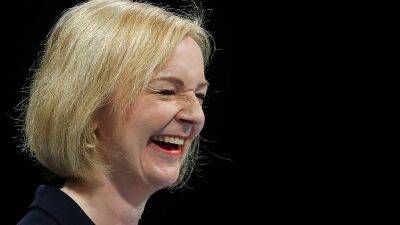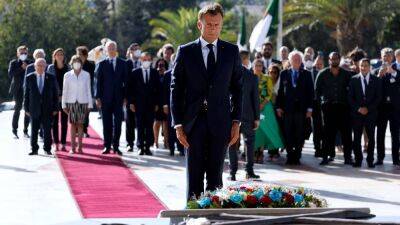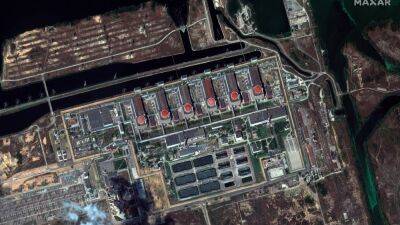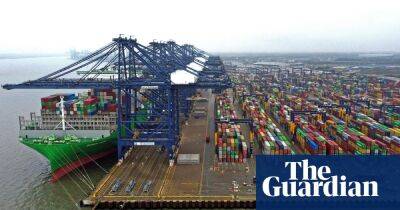Yes, elite football is a plaything of global wealth. But it could be part of another, better England
Last week, the Premier League announced a $2.7bn (£2.3bn), six-year American TV deal with Comcast NBC, a sum that will push the league’s annual turnover above £6bn and marks the moment at which income from foreign media rights income exceeds domestic income. It is a fitting marker for the league’s 30th season and its three decades of hyper-globalisation. First, the Premier League’s global TV audience outstripped domestic viewership. Then the entirely foreign XI fielded by Chelsea in 1999 announced the globalisation of the league’s labour market; foreign players now make up around three-quarters of the club’s squads. Foreign coaches, once entirely absent, are now in the majority, as are foreign owners, who hold majority stakes in 16 out of the 20 clubs.
The league has benefited from an income-sharing model among the clubs that ensures, if not widespread competition for the top spots, a fiercely competitive league on a game by game basis, as it has from astute marketing, world-class broadcasting and the value of English as a global language. But it is economic globalisation itself that has been the main driver, generating an upward spiral of growth. Over the past 30 years, seemingly impervious to the global financial crisis, austerity and Brexit, the league’s annual turnover has soared by an astronomical 2,900%.
However, if globalisation has been the mainspring of the league’s growth, it has always relied on English clubs’ local narratives and identities to frame it and the energy and culture of the English crowd to animate it. A big part of the league’s televisual appeal appears to rest on the intensity of supporters and the relentless attacking football this encourages and this despite huge increase in ticket prices, a
Read more on theguardian.com






















